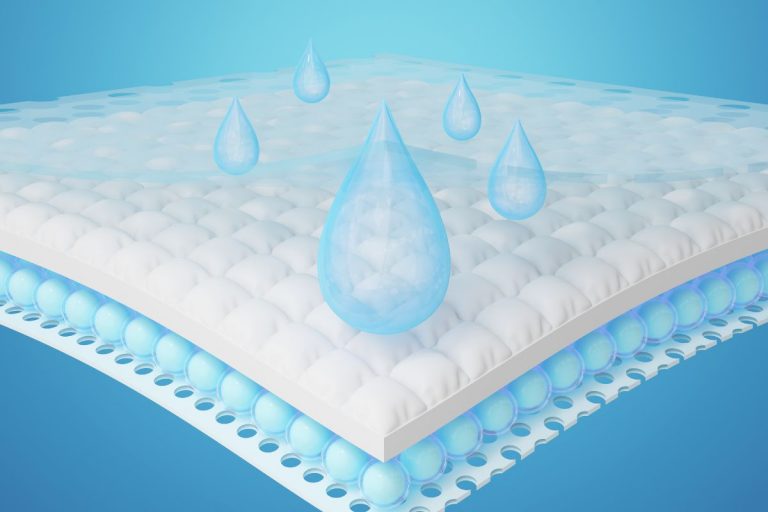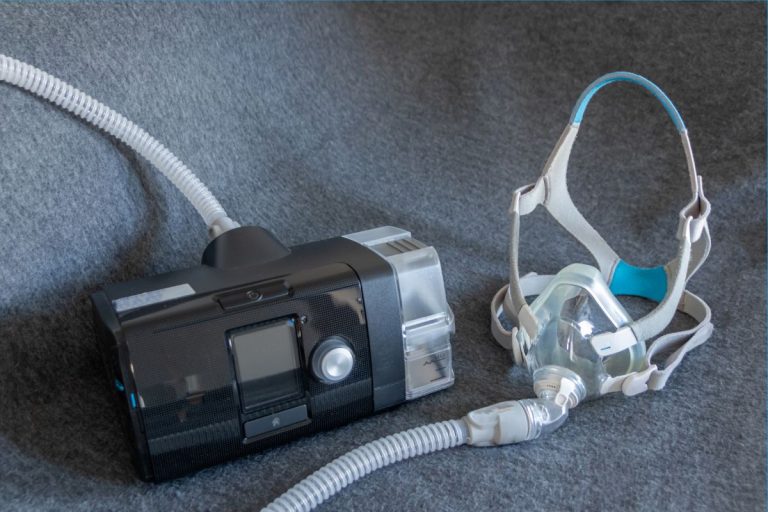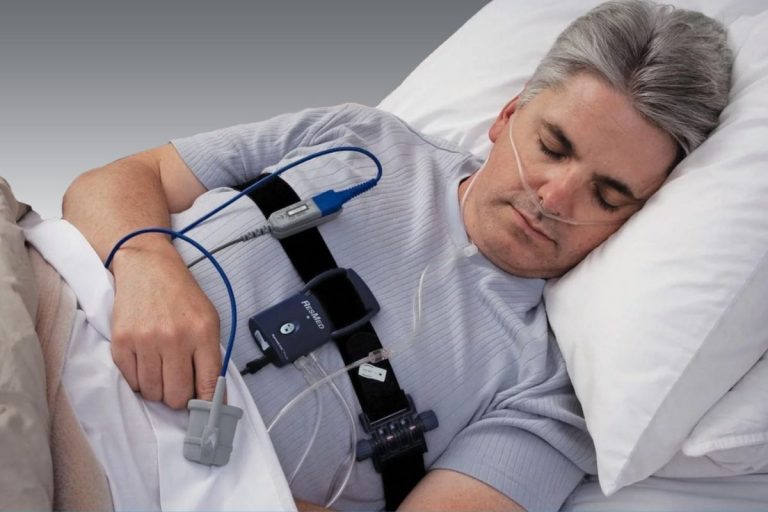It’s summertime, and if there’s one thing we can all agree on is that without ice cream, the summer heat would be unbearable. However, not everyone enjoys ice cream. Some people have issues with dairy consumption, and other experience weird after-effects, like sleepiness and headaches. But, why do people get sleepy and tired after eating ice cream?
To understand the reason behind such an unusual occurrence, we have to understand the effects ice cream has on our body, thanks to its ingredients and temperature. So, without further ado, let’s get started!
Ice Cream and Sleepiness: Everything You Need To Know
Ice Cream Ingredients
Before we get into the topic, we first need to discuss the very ingredients of regular-store-bought ice cream.
Now, ice cream contains a lot of sugar; there are between 20 and 30 grams of refined sugar in one cup of store-bought ice cream. Now, this number varies depending on the flavor, additional toppings, and the very brand of the ice cream. Alongside refined sugar, ice cream also contains milk, cream, condensed milk, vanilla, or vanilla extract. There can also be fat, gelatin, heavy whipping cream, eggs, and other flavorings.
Every ice cream also contains a load of artificial ingredients to enhance the flavor, color, and longevity of the product.
Sugar and Sleepiness
Now, we cannot just gloss over the fact that 1 cup of ice cream contains so much sugar. And, there is a direct correlation between high sugar consumption and sleepiness.
When you take in so much sugar in such a short time, the body goes into the state of ‘sugar high’. At this point, as the sugar gets processed in the body, it also increases glucose, which is a sign to the body to start releasing insulin into the bloodstream. As a result, other organs also react by starting to convert glucose into energy, especially the lives and muscles.
Now, all of this takes a toll on the body, so it goes into a state of haze because of so much sugar. As a result, you become fatigued, tired and can even experience stress and mood swings immediately.
Other Reasons Why Ice Cream Makes You Sleepy
- You’re lactose intolerant – you may not even know it, but chances are that dairy is not working for you. Milk contains high amounts of an amino acid known as tryptophan, which acts as a sedative in high amounts.
So, by eating ice cream, you’re taking in unnecessary amounts of milk and milk side products, which in turn make you feel super tired, fatigued, or sleepy. If this is accompanied by frequent acne breakout, digestion issues, and runny nose or mucus, chances are you’re lactose intolerant and should stop consuming dairy.
- You’re eating too much ice cream – if you’re eating more than a cup of ice cream, you’re taking in too much processed sugar. This leads to bursts in energy, but a quick drop in insulin levels. This leads to sleep and fatigue, as well as unusual and sudden tiredness.
- You’re diabetic – when the body cannot produce insulin to control glucose levels, it means the person has diabetes. Now, imagine eating a cup of ice cream (with 20 to 30 grams of sugar in it) as a diabetic person. Your blood sugar levels would skyrocket and there is nothing that could regulate them.
Apart from becoming incredibly sleepy and tied, your organs can actually start failing. Some people even experience blurry vision, nerve damage, and other serious health issues.
- You’re having digestion problems – if you’re having digestion issues, you should avoid eating ice cream. Sometimes, the body has a hard time processing lactose, which can cause some digestion complications. This alone can tire out the body, which causes you to feel fatigued and sleepy, even if you’re not lactose intolerant.
Sleepiness After Eating
Regardless of whether you’ve had ice cream or tuna salad, feeling sleepy after a meal is actually pretty common. Many experience tiredness and sleepiness after eating due to the aforementioned reasons (high sugar intake, or processed sugar/food). However, if such sleepiness occurs regularly, whether ice cream is in question or not, that might be a reason for concern.
Now, before you get all worried and start frantically Google whether you have cancer or not, let’s just say that some food groups contain natural, sleep-inducing ingredients. For example, if you feel sleepy after eating a bunch of cherries, that is perfectly normal.
Cherries contain loads of melatonin, which is a sleep-control hormone. On the other hand, if you consume a lot of carbohydrates, but you’re not really fond of exercising, you’re probably feeling sleepy after every meal as well.
Sleepiness after meals depends and varies in regards to your lifestyle, weight, health, sleep quality, work, etc.
But, why is after-meal sleepiness a reason for concern?
Well, sleepiness after eating can be a sign that you may have some health issues, like;
- Diabetes – as we mentioned earlier, due to irregular blood sugar levels control, food can cause your body to work hard to remove extra sugar from the metabolism. As a result, you can feel really tired, sleepy, fatigued, thirty, etc.
- Hyperglycemia – this is a health condition where one has high blood sugar levels. It is similar to diabetes since the body can’t produce enough insulin in both conditions. If left untreated, hyperglycemia can be a serious health condition. Some of the symptoms of hyperglycemia include sleepiness and tiredness after eating, frequent urination, and thirst.
- Reactive Hypoglycemia – this is a health condition where one has extremely low blood sugar levels. When a hypoglycemic person consumes sugar or carbs, their body produces excessive amounts of insulin, which are released into the blood. This causes the blood sugar levels to plummet, causing excessive tiredness and sleepiness.
- Imbalance of serotonin – serotonin is a chemical that affects our sleep, memory, and appetite. When we eat something, our blood sugar levels rise, and insulin is released into the blood to balance things out. However, when we eat a lot of carbs and sugar, the excess insulin promotes the production of tryptophan, which then forms serotonin in the brain. As a result, you start feeling tired and sleepy.
Also Read: Is It Bad To Sleep After Eating?
How To Avoid Sleepiness After Ice Cream (or Eating In General)?
To avoid sleepiness after eating, it is essential to avoid processed food intake. You need to start controlling your sugar and carbohydrates intake, to control and manage your blood sugar levels. Here are some other ways you can avoid sleepiness and tiredness after a meal, or a cup of ice cream;
- Do not eat store-bought ice cream! It is as simple as that! Make your own ice cream at home. This is helpful because you can control the amount of sugar you put into the ice cream, or whether you’ll put it at all.
- Drink plenty of water! Without proper hydration, your body will feel tired and exhausted even without excessive sugar intake.
- Eat smaller meals throughout the day. By eating more smaller meals (3 to 5 meals per day), you’ll avoid digestive issues. Your body won’t struggle with food digestion, which means, it won’t tire out as quickly as it would normally do.
- Lower your sugar intake overall. You should never cut sugar out completely out of your diet. You should simply gradually lower the amounts of sugar you take in until you don’t feel the need to consume it at all.
- Start exercising and being more physically active. A proper workout will contribute to you being more wakeful throughout the day, as well as more energetic, even after sugar intake.
Final Thoughts
Feeling sleepy after eating ice cream doesn’t have to be an indication of anything serious. You’ve just consumed a lot of sugar a dairy, which in your body trigger certain reactions, which make you feel tired and sleepy.
However, if the sleepiness continues, and occurs frequently or after every meal, maybe it’s time to see your doctor and discuss your concerns. In such a case, the sleepiness could be a sign of an underlying health issue, so better get yourself checked on time just to be sure.
Also Read:





